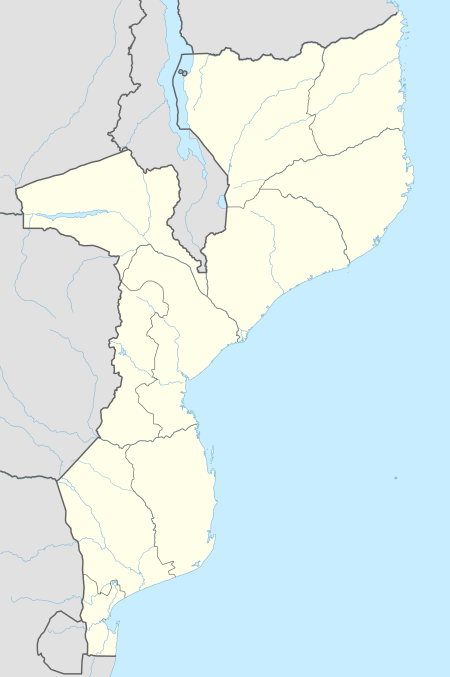MV Empire City
| History | |
|---|---|
| Name: | Empire City |
| Owner: | Ministry of Transport |
| Operator: | A Weir & Co Ltd |
| Port of registry: |
|
| Builder: | Swan, Hunter & Wigham Richardson Ltd |
| Launched: | 15 July 1943 |
| Completed: | November 1943 |
| Identification: |
|
| General characteristics | |
| Class and type: | Cargo ship |
| Tonnage: | |
| Length: | 428 ft 8 in (130.66 m) |
| Beam: | 56 ft 5 in (17.20 m) |
| Depth: | 35 ft 5 in (10.80 m) |
| Installed power: | 2SCSA diesel engine |
| Propulsion: | Screw propellor |
| Crew: | 50, plus 20 DEMS gunners |
| Armament: | Anti-torpedo nets |

Empire City was a 7,295 GRT cargo ship which was built in 1943 by William Doxford & Sons Ltd, Sunderland for the Ministry of War Transport (MoWT). She was torpedoed and sunk on 6 August 1944 by U-198.
Description
Empire City was built by William Doxford & Sons Ltd, Sunderland. She was launched on 15 July 1943.[1]
The ship was 428 feet 8 inches (130.66 m) long, with a beam of 56 feet 5 inches (17.20 m) and a depth of 35 feet 5 inches (10.80 m). She had a GRT of 7,295 and a NRT of 4,941.[2]
The ship was propelled by a 2-stroke Single Cycle Single Action diesel engine, which had eight cylinders of 23 5⁄8 inches (60 cm) diameter by 91 5⁄16 inches (231.9 cm) stroke.[2]
History
Empire City was built for the MoWT. She was placed under the management of the A Weir & Co Ltd. Her port of registry was Sunderland. The Code Letters BFLB and the United Kingdom Official Number 180046 were allocated.[2]
Empire City was a member of a number of convoys in the Second World War.
- ON 212
Convoy ON 212 departed Liverpool on 19 November 1943 and arrived at New York on 5 December.[3] Empire City had departed from Milford Haven, Pembrokeshire on 18 November. She was equipped with anti-torpedo nets on this voyage.[4]
- DKA 21
Empire City was a member of Convoy DKA 21, which departed Lourenço Marques, Portuguese East Africa bound for Port Said, Egypt via Aden. Empire City was carrying a cargo of 8,403 tons of coal. On 6 August 1944, she was torpedoed and sunk by U-198 off Mocímboa da Praia, Portuguese East Africa (11°33′S 41°25′E / 11.550°S 41.417°ECoordinates: 11°33′S 41°25′E / 11.550°S 41.417°E). Two crew and 10 DEMS gunners were killed. The surviving 48 crew and 10 DEMS gunners were rescued. They were landed at Pekawi, Portuguese East Africa.[5] Her captain was taken prisoner by U-198; he perished with the submarine's crew when U-198 was sunk on 12 August.[6] Those lost on Empire City are commemorated at the Tower Hill Memorial, London.[7]
References
- ↑ Mitchell, W.H.; Sawyer, L.A. (1995). The Empire Ships. London, New York, Hamburg, Hong Kong: Lloyd's of London Press Ltd. p. not cited. ISBN 1-85044-275-4.
- 1 2 3 "LLOYD'S REGISTER, NAVIRES A VAPEUR ET A MOTEURS" (PDF). Plimsoll Ship Data. Retrieved 8 April 2010.
- ↑ "CONVOY ON 212". Warsailors. Retrieved 8 April 2010.
- ↑ "ON Convoys – 1941-1945, Convoy ON 201 through ON 249". Warsailors. Retrieved 8 April 2010.
- ↑ "Empire City". U-boat. Retrieved 8 April 2010.
- ↑ "U-198". Uboat. Retrieved 10 May 2011.
- ↑ "Ship Index A-F". Brian Watson. Retrieved 20 May 2011.